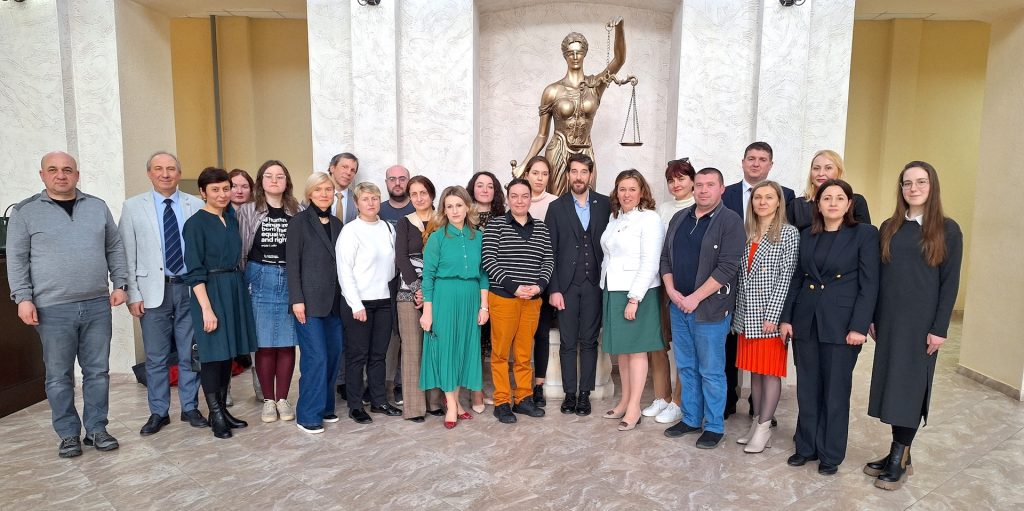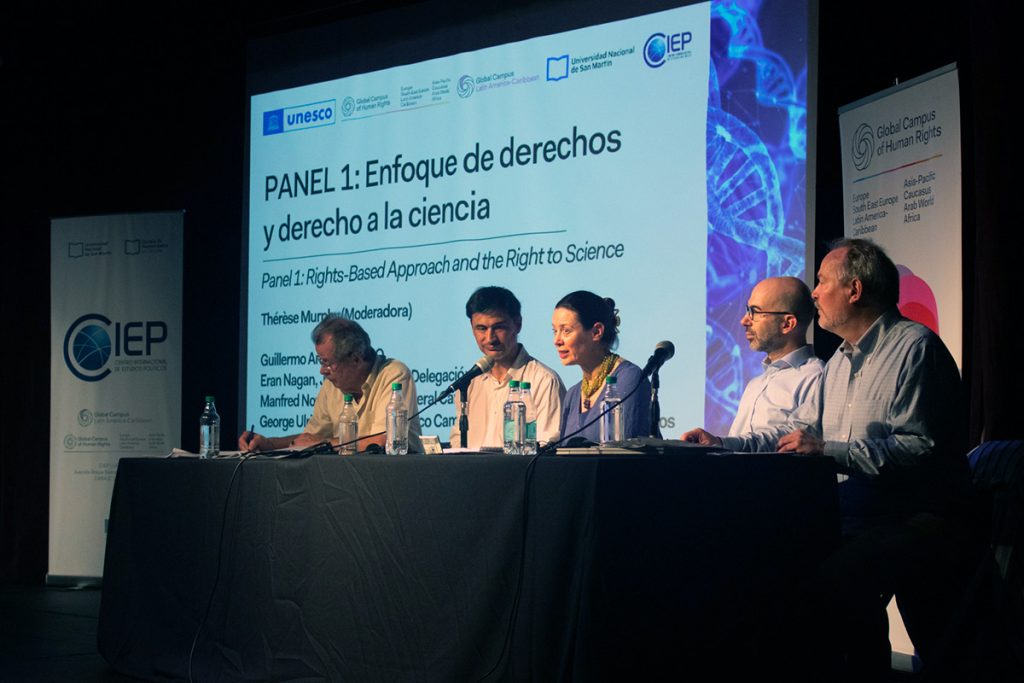Kick-off of the new EU-funded “Climate Justice and Human Rights Education” project at the Moldova State University
The Global Campus and the GC Caucasus hub are glad to announce a new capacity development project with the Moldova State University, thanks to the support of the EU Delegation in Chisinau. Over the next 18 months, the action “Development of Climate Justice and Human Rights Education at the Moldova State University (MSU)” will focus […]

